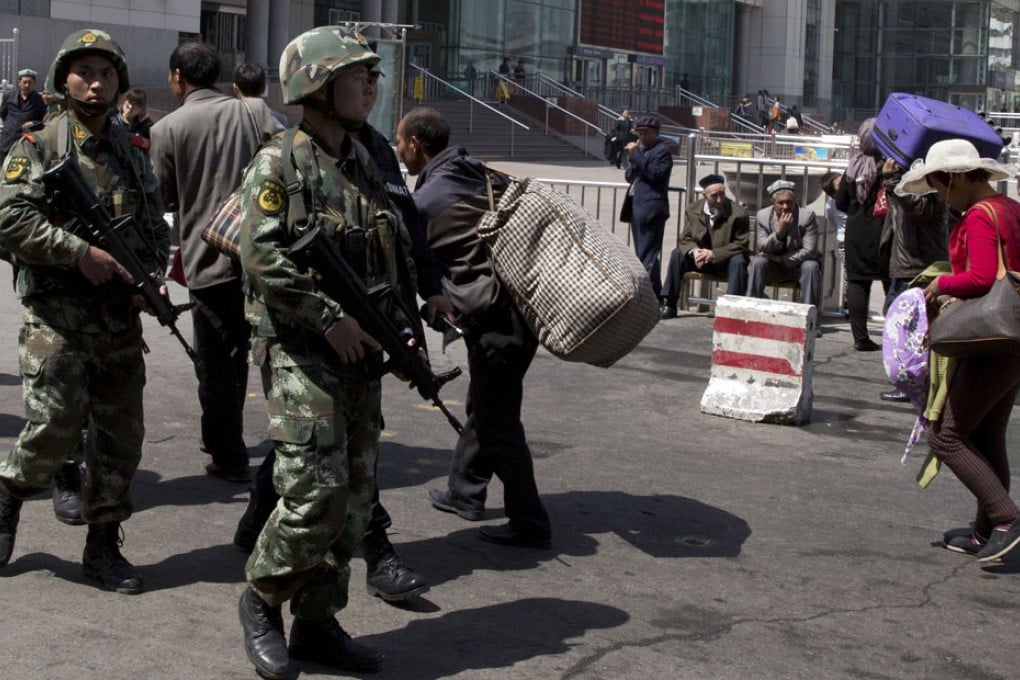In Xinjiang, government must tackle terrorism with carrot and stick
Three times now in six months, terrorist outrages blamed on Muslim ethnic Uygur separatists have had a national political context.

Three times now in six months, terrorist outrages blamed on Muslim ethnic Uygur separatists have had a national political context. The latest, outside a railway station in Urumqi as President Xi Jinping wrapped up a visit to Xinjiang - which he called the "front line of terrorism" - left no doubt the assailants are seeking more international attention for their cause and escalating confrontation with Beijing by showing that they can attack at will. The knife and bomb attack in the restive western autonomous region follows a suicide car-bomb attack that killed two tourists in Tiananmen Square in October, ahead of a key Communist Party Central Committee meeting, and a mass knife attack in March, ahead of China's parliamentary session, at a railway station in Kunming in the country's southwest that left 29 innocent people dead. The indiscriminate nature of attacks at public venues tends to confirm a common purpose.
Violence against civilians as the attackers shifted their targets from government offices and police stations may have succeeded in attracting international attention to Uygur claims of discrimination. But it should attract universal condemnation. At the end of the day, such attacks cannot advance their cause. They can only invite a tougher response from the authorities. Indeed, cracking down on terrorism is among the priorities of the newly created National Security Commission headed by Xi. For the sake of the innocent, the president's reaction that action must be taken to "resolutely suppress the terrorists' rampant momentum" is welcome. That said, the violence also highlights the need for Beijing to review its approach towards the troubled region. It is good, therefore, that Xi's visit came ahead of a Beijing work conference next month that can fine-tune the focus of current policies.
Xinjiang is important, being at the crossroads of Central Asia and a rich source of energy resources. For a long time its people, particularly minorities, have felt left behind as their region fuelled national economic development. After clashes between Uygurs and majority Han Chinese in Urumqi in 2009 that killed about 200 and injured 1,700, Beijing invested billions of yuan in boosting the economy and improving the livelihoods of all ethnic groups. But grievances remain about economic inequality, ethnic prejudice and religious repression. After past neglect these feelings run deep. Beijing needs to do much more, through dialogue and reviewing policies towards minorities.